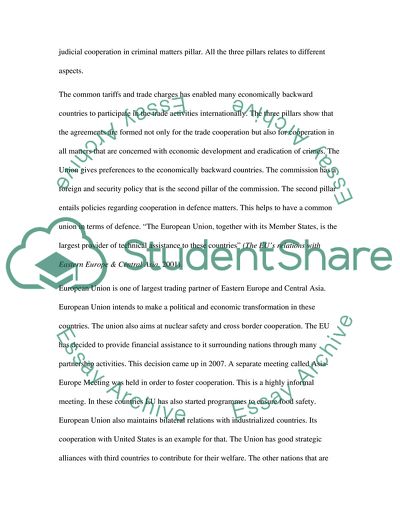Cite this document
(Implications of Common Commercial Policy, Delivered Duty Paid Assignment, n.d.)
Implications of Common Commercial Policy, Delivered Duty Paid Assignment. Retrieved from https://studentshare.org/politics/1543932-european-trade
Implications of Common Commercial Policy, Delivered Duty Paid Assignment. Retrieved from https://studentshare.org/politics/1543932-european-trade
(Implications of Common Commercial Policy, Delivered Duty Paid Assignment)
Implications of Common Commercial Policy, Delivered Duty Paid Assignment. https://studentshare.org/politics/1543932-european-trade.
Implications of Common Commercial Policy, Delivered Duty Paid Assignment. https://studentshare.org/politics/1543932-european-trade.
“Implications of Common Commercial Policy, Delivered Duty Paid Assignment”. https://studentshare.org/politics/1543932-european-trade.


